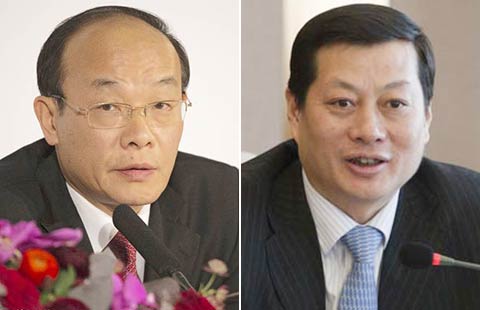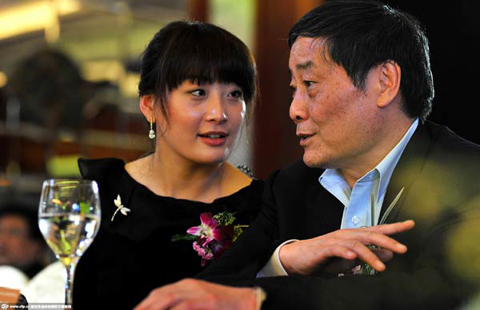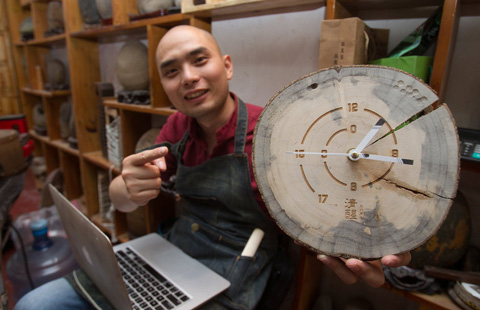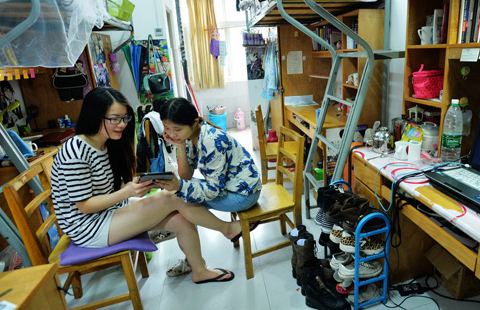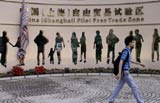Virtu Financial setting its sights on China
(Agencies) Updated: 2015-05-08 09:29Virtu Financial Inc, one of the world's biggest high-speed trading firms, wants to set up shop in China.
Virtu, which uses automated market-making strategies to buy and sell everything from stocks to currencies and commodities, is in the early stages of that project, Chief Executive Officer Doug Cifu said. Temasek Holdings Pte, Singapore's state-owned investment firm, owns a stake in Virtu and has opened doors for the company in China, he said.
"We will be partnering with, we think, the best local partner in the region to enter that marketplace," Cifu said on Wednesday during a conference call with analysts to discuss Virtu's first-quarter earnings. "We haven't done anything yet in terms of trading. We certainly have begun very significant preliminary discussions, negotiations and structuring of a way for us to get into that marketplace."
Temasek bought a stake in Virtu in December, the US company said at the time. The Singapore firm holds a 36 percent stake, according to data compiled by Bloomberg.
"We have wide exposure to China, and our market knowledge is something we do aim to share with our portfolio companies," Temasek spokesman Stephen Forshaw said.
Automated market makers like New York-based Virtu have transformed trading around the globe with their computer-driven strategies. China-unlike, for instance, stock markets in the US, Europe and Japan-is among the biggest unexplored frontiers. Virtu is targeting all asset classes, according to Alan Sobba, a company spokesman.
"They are just making a smart business move with getting on the ground ahead of the curve," said Brett McGonegal, executive managing director of Hong Kong-based advisory firm Reorient Group Ltd. He said many regional markets imposed curbs on trading following the 1997 Asian financial crisis.
China's equity markets are protected from high-speed traders because buying and selling a stock in the same day is prohibited, and sellers have to pay a stamp duty of 0.1 percent of transaction value, said Gabriel Wang, Boston-based research associate at Aite Group LLC.
Virtu may be hoping that China will remove the restrictions on equities trading, and it may try to find a foothold in the country's futures and options markets, which are newer than equities, McGonegal said.
A move into China wouldn't cost much, Cifu said. Virtu completed 5.3 million trades a day last year and makes markets in more than 11,000 securities and other financial products, trading on more than 225 exchanges in 34 countries.
- Country on target to meet its annual energy saving goal
- BRICS cements its solid future in Shanghai
- Policy flexibility key to sustained growth
- More natural gas stocks to guarantee energy security
- Regulatory measures put stocks into a spin
- Alibaba's revenues soar on Lunar New Year sales
- Waning prospects dull appetite for Alibaba's investors
- Sharp rise in seeking the trendy South Korean 'idol' look
